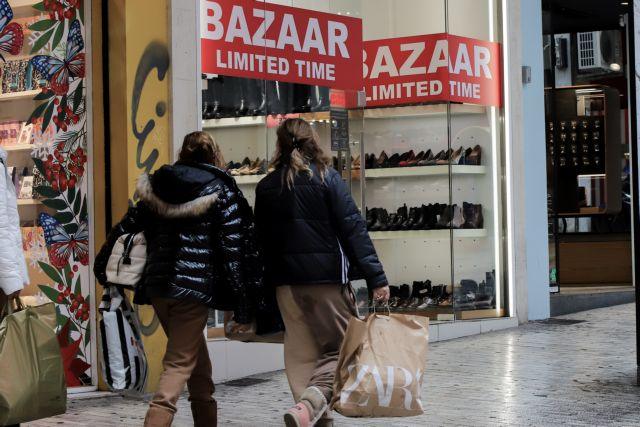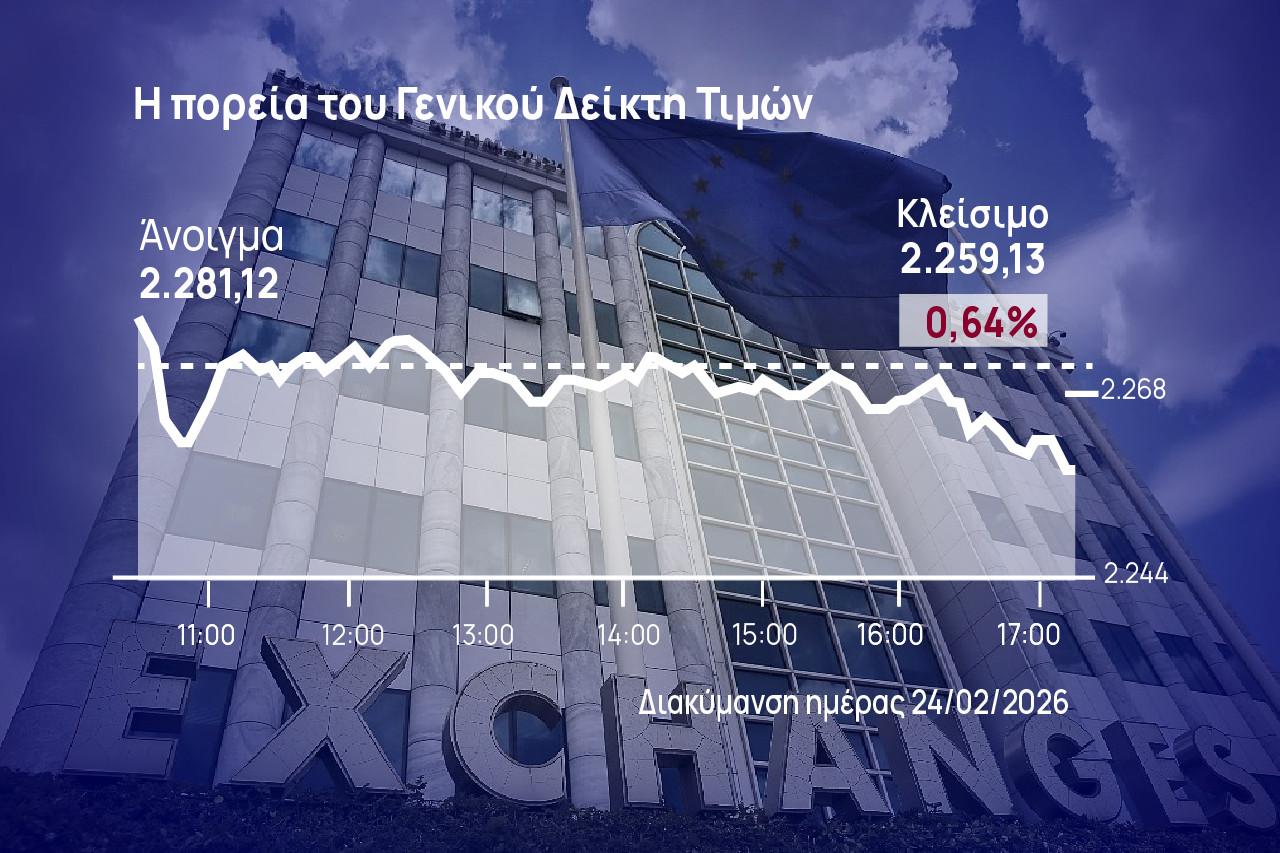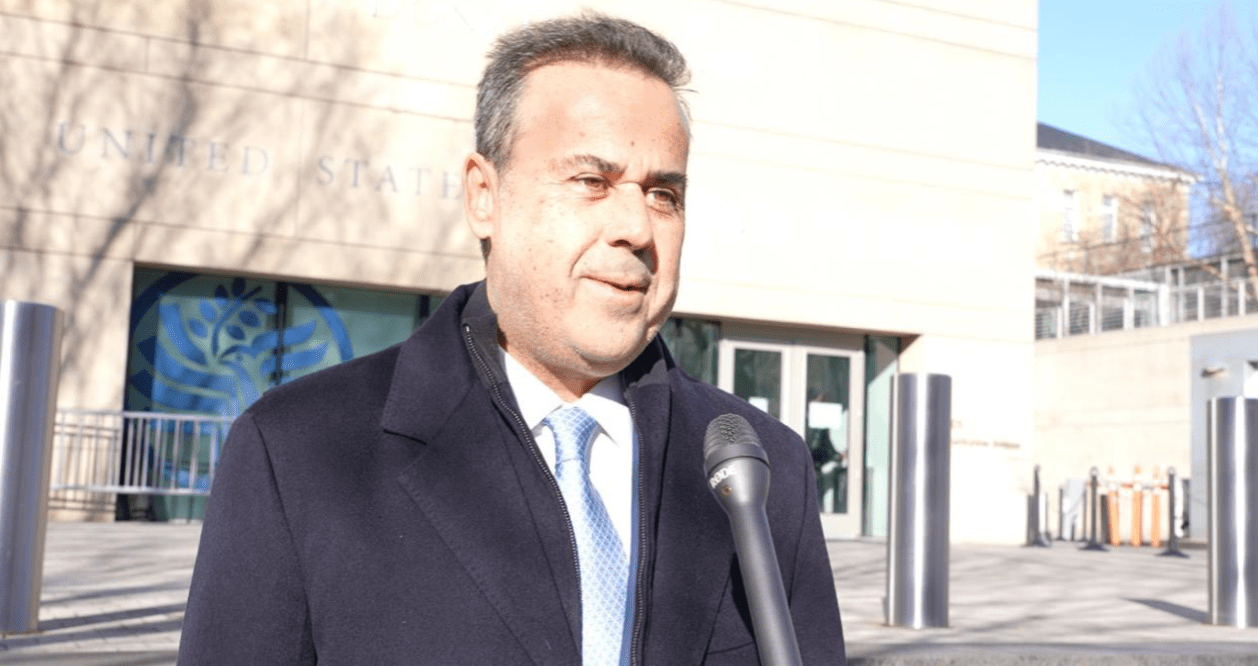The government is gravitating towards four annual increases in the minimum wage until 2027 amounting to 45-50 euros as of 2024, the reinstatement of the three-year increments, as well as the reinforcement of annual collective employment contracts.
More specifically, an increase of 5% to 6% of the minimum wage will be implemented within 2024 to incorporate current inflation rates and a portion of productivity increase in this percentage. This new wage rise will be implemented by the end of 2024. Subsequently, the new wages are to range from 820 to 830 euros with the goal being for minimum wages to reach the 950 margin by the end of 2027.
Meanwhile, a major boost is expected to wages by the ‘thawing’ of the three-year increments as of January 1 2024 with certain categories of employees receiving a pay rise of up to 10% regardless of the minimum wage increase.
The three-year increment is compulsory for employees who meet the criteria and employers who do not comply are subject to fines as announced by the government. An estimated six to seven hundred thousand employees are to see an increase in their wages in the following three years.
According to the relevant circular regarding the reinstatement of the three-year increments, employees under an employment relationship will receive a 10% increase for every three years, up to three periods, totaling an increase of 30% when they accumulate nine years of seniority and above.
Regarding collective labor agreements, it is worth noticing that increases to minimum wages have not affected the so-called ‘middle wages’, with 80% of employees not having seen any pay rise.
To rectify this as well as to reach the average salary of 1,500 euros, as announced by the government – the legal framework, which was abolished by the memoranda and applied to collective labor agreements and collective negotiations, needs to be restored.
Source: tovima.com








































![Beta Securities: Σε φάση επέκτασης οι ελληνικές τράπεζες – Τι σηματοδοτεί το 2026 [Πίνακες]](https://www.ot.gr/wp-content/uploads/2026/01/ot_banks_2025-1024x600-1-1-1-1.jpg)

